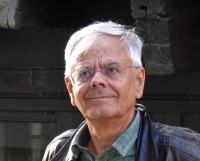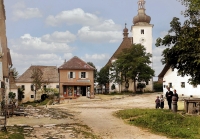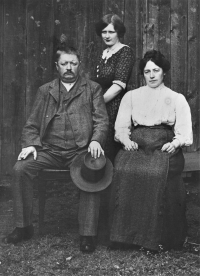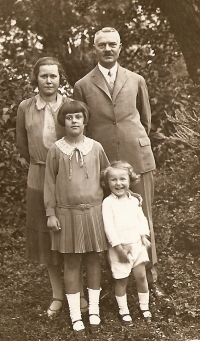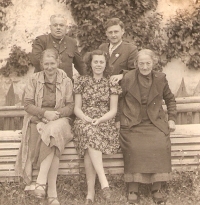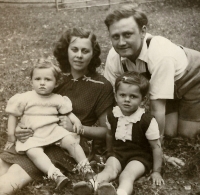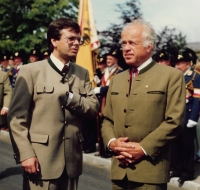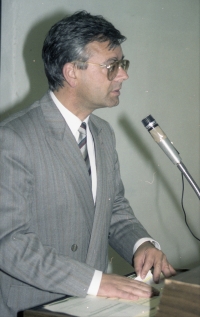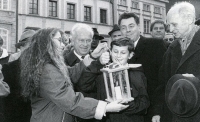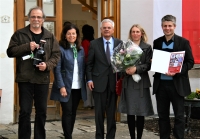We had to work harder, but we saved ourselves from forty years of communism

Download image
Hubert Roiss was born on November 21, 1947 in Windhaag bei Freistadt, Austria. The history of his family is connected with the now almost defunct town of Cetviny (Zettwing in German) in southern Bohemia, close to the Austrian border. His father Karl enlisted in the Wehrmacht during the Second World War and was captured by the British. After the war, the family left the border town of Cetviny for Austria and settled in nearby Windhaag bei Freistadt. Hubert Roiss studied teaching and in the years 1976-2009 taught history and geography at the Bad Leonfelden High School and at the same time for twelve years at the Freistadt Gymnasium. In the years 1979–1991 he was the mayor of Windhaag bei Freistadt. In addition to a number of municipal projects, he initiated the creation of the Waldhaus in Mühlviertel and five other small museums. In particular, in the role of chairman of the “Forum for the Future” (from 1985) and the “Mühlviertel Museum Route” (1996-2019), he developed long-term regional and cross-border impulses.
